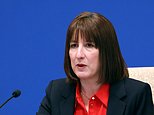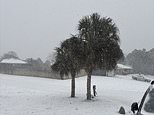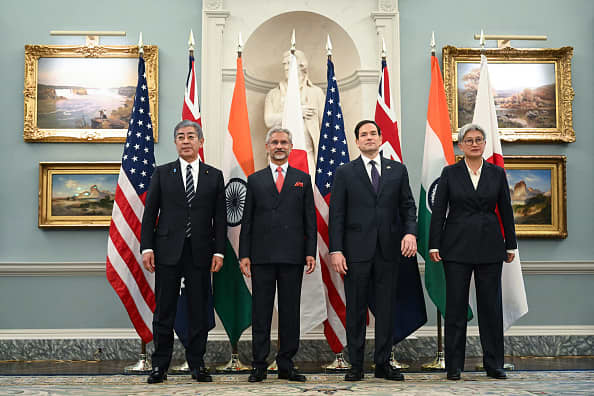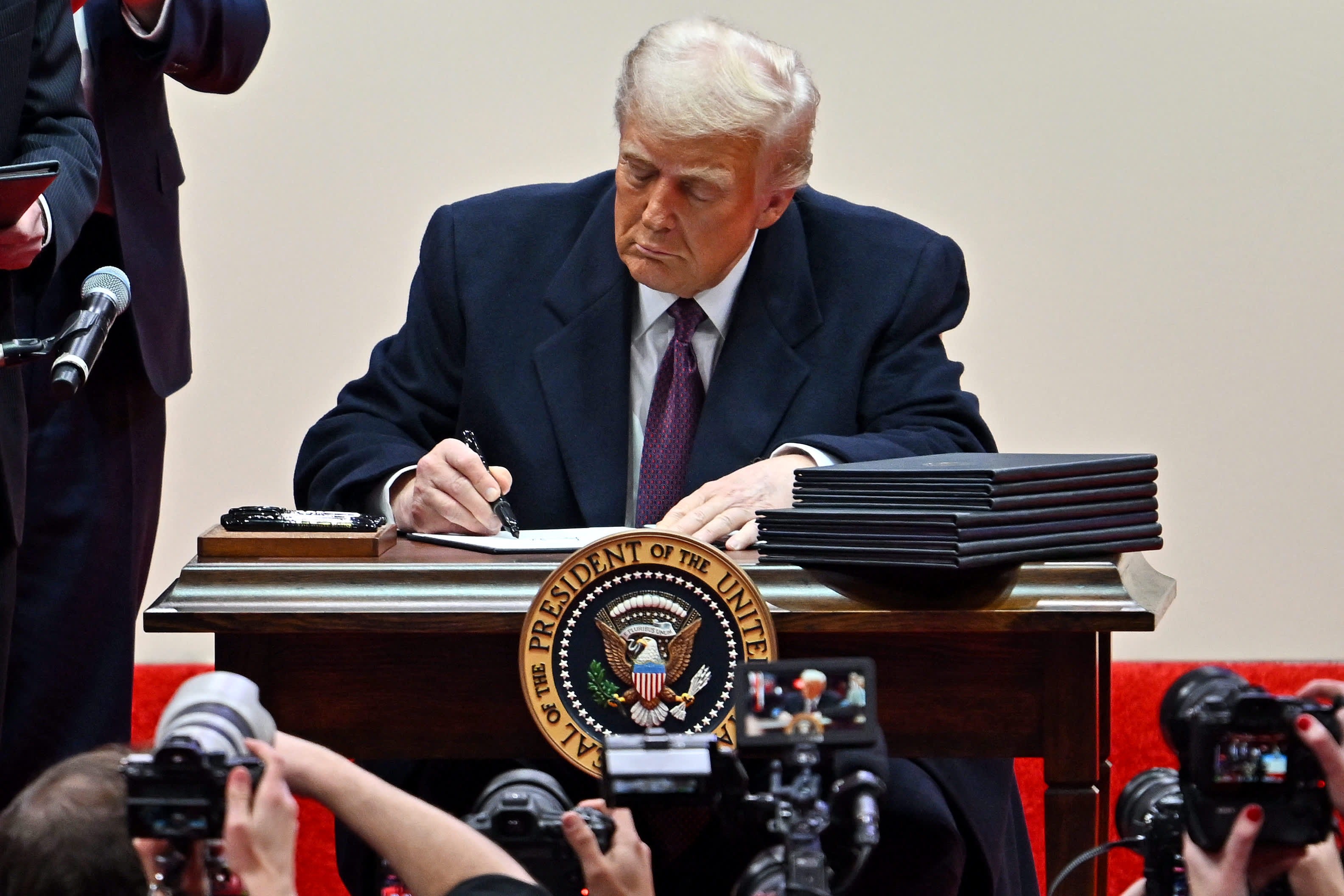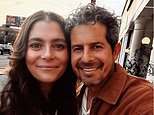One of Vladimir Putin's top army generals in charge of nuclear and biological forces has been killed in an explosion after a bomb hidden in an electric scooter was detonated outside his apartment in Moscow.
Lieutenant General Igor Kirillov died in the blast moments after he emerged from his apartment block with his assistant, who was also killed.
The bombing - claimed by a member of Ukraine's SBU security service - came a day after Kyiv had accused Kirillov of overseeing the widespread use of banned chemical weapons against its troops in the conflict zone.
Charging him in absentia with war crimes, the Ukrainian SBU security service said he was responsible for more than 4,800 documented cases of Russian troops using chemical munitions since the start of the full-scale war.
The Russian investigative committee confirmed the army general's death, adding that investigations had been opened into the bombing. Russia has denied allegations it has used chemical weapons in Ukraine.
Photographs posted on Russian Telegram channels showed a shattered entrance to a building littered with rubble and two bodies lying in the blood-stained snow.
The entrance door of the house itself was torn off and the windows were broken, while the general's official car which had arrived to collect him at 6am was also damaged.
The bomb was apparently hidden in or on an electric scooter at the scene, which emergency crews could be seen inspecting.
Kirillov, who was named the head of Russia's nuclear defence forces in April 2017, was under sanctions from several countries including the UK and Canada for his role in Ukraine.





It is believed the bomb was remotely detonated, setting off a blast that was equal to roughly 300 grams of TNT, according to investigative reports cited by Russia's TASS news service.
The Russian Investigative Committee opened a criminal case following the explosion at Kirillov's building on Moscow's Ryazansky Prospekt.
Investigators confirmed the deaths of two men and said that a suspect in the case is being identified. The second man killed was identified only as Ilya P.
'The liquidation of Lieutenant General Igor Kirillov, chief of the Russian Armed Forces' radiation, chemical and biological defence troops is a special operation by the SBU,' a source within the agency told AFP.
The deadly explosion came hours after the SBU said Kirillov had been charged with the use of banned chemical weapons.
He was accused of masterminding the use of K-1 grenades loaded with banned irritant agents, CS and CN, as confirmed by two laboratories affiliated with the international Organisation for the Prohibition of Chemical Weapons.
They were deployed by FPV drones, aiming to force Ukrainian soldiers out of trenches and into direct fire.
The weapons cause severe irritation to mucous membranes, including the eyes and respiratory tract, it was alleged.
This had resulted in some 2,000 Ukrainian troops being hospitalised since Russia's invasion began.
The SBU said: 'The Security Service has documented war crimes committed by Russian Lieutenant General Igor Kirillov, Chief of the Radiation, Chemical and Biological Defense Troops of the Russian Armed Forces.
'The official is responsible for the mass use of prohibited chemical weapons by Russian militants against the Defence Forces on the eastern and southern fronts of Ukraine.
'On Kirillov's orders, more than 4,800 cases of the enemy using chemical munitions have been recorded since the beginning of the full-scale war.'






Kirillov had served as the Chief of the Russian Armed Forces' Radiation, Chemical, and Biological Defence Troops since 2017.
He took part in the creation and adoption of the TOS-2 Tosochka heavy flamethrower system
He was also known for spreading conspiracy theories about Western use of chemical and biological weapons in Ukraine.
In March 2022, he gave a Defence Ministry presentation about alleged American biolabs in Ukraine that are developing projects to spread biological weapons using bats, birds and even mosquitos.
Kirillov also accused Ukraine of provocations using toxic chemicals, including a 'dirty bomb.'
In August he said, without providing evidence: 'The facts of the simultaneous supply of toxic chemicals and means of protection against them indicate an attempt to carry out large-scale provocations using the psychotropic chemical warfare agent BZ during the conflict.'

Kirillov's death is the latest in a string of recent assassinations of high ranking Russian scientists and military chiefs.
Five days ago, Mikhail Shatsky, a designer from the Mars Design Bureau who had worked actively on upgrading the Russian Kh-59 cruise missile, was shot.
His death followed three days after that of notorious Russian jail torturer and killer Sergey Yevsyukov, 49, who had headed Olenivka jail where Ukrainian POWs were abused. He was killed when his Toyota Land Cruiser exploded in a Donetsk car bombing.
And in late November, Russian naval commander Captain Valery Trankovsky, 47, was killed in a car bombing in Sevastopol.
A major hunt has been launched for the bomber who is assumed to have carried out orders from Ukrainian intelligence in killing Kirillov.
Russian law enforcement suspects the bomber used a radio signal and was within range of the scene when the improvised explosive device was detonated.
CCTV footage was being closely examined.
A bomb disposal robot was brought to the site of the explosion, said reports.
Russian foreign ministry spokeswoman Maria Zakharova claimed Kirillov 'for many years systematically, with facts in hand, exposed the crimes of the Anglo-Saxons'.
This included 'NATO provocations with chemical weapons in Syria' and 'Britain's manipulation of banned chemical substances and provocations in Salisbury and Amesbury' as well as 'the deadly activities of American biolaboratories in Ukraine and much more.
'Worked fearlessly. Did not hide behind backs. He marched with an open visor. For the Motherland, for the truth. Bright memory, God rest his soul.'




